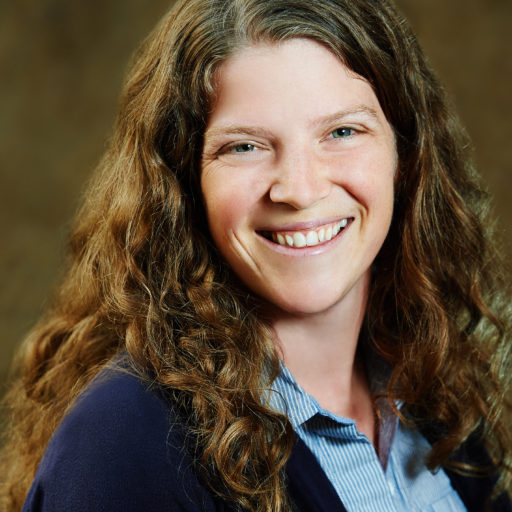This past spring I listened to an episode of the podcast “Hidden Brain,” which explored the use of storytelling to influence beliefs in Rwanda after the genocide (Verdanten, 2018). The researchers being interviewed were hoping to use a serial radio story to communicate ideas about how violence between groups begins, what role bystanders play in interrupting the disjunction of people, and how intermarriage and relationships between ethnic groups can generate empathy toward others.
The most interesting part of this story came in the unintended findings about beliefs and behavior. The organization and researchers who undertook this storytelling project were trying to change people’s beliefs in the hopes of warding off future violent behavior in Rwanda. They failed to change peoples’ beliefs—but they did change their behavior. While people still held prejudiced beliefs against people who were different from them, because they perceived that others in their community did not share those beliefs, they behaved as if they were not prejudiced.
This idea of behavior being largely driven by our perception of social norms, and the powerful desire to conform to social norms, has really struck me. Now that this idea is in my head, I see examples of it playing out in many parts of my life and in many of my relationships with others.
This idea around our perceptions of “what is normal” in our culture has made the work of sharing teacher stories even more urgent to me, especially in sharing these stories with other teachers. Stories give us information about ways of thinking and ways of acting that influence what we see as “normal” in societies.
One of the dominant norms in our current educational structure is the disempowered role that teachers play. Teachers can either teach, or they can really work for change as a leader through administration or research.
We at Kaleidoscope and the Knowles Teacher Initiative know this to be a false and damaging story about teachers. That story is not told by teachers, but rather a story told about us.
In providing support and a platform for teachers to tell their stories, we start to take control of that narrative. And so Kaleidoscope shares stories that illuminate and reshape what our fellow teachers see as “normal” for teachers and teaching. When we read stories of teachers working toward equity with their colleagues at school, we see a new norm for what teachers can be. When we read stories of teachers speaking up against school violence, we see a new norm for what teachers can be.
Even if we don’t change beliefs about teaching, we offer up a new possibility, a new norm, for what it means to be a teacher in the United States. And we hope you see new possibilities for yourself, your colleagues, your students, and your country.

Rebecca Van Tassell
Editor-in-Chief
Rebecca Van Tassell, a Knowles Senior Fellow, is an Editor-in-Chief at Kaleidoscope. Reach Becky at rebecca.vantassell@knowlesteachers.org.





